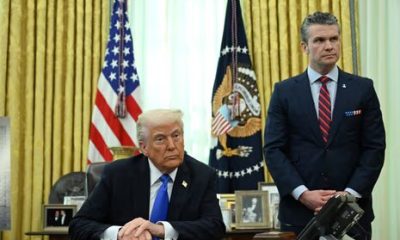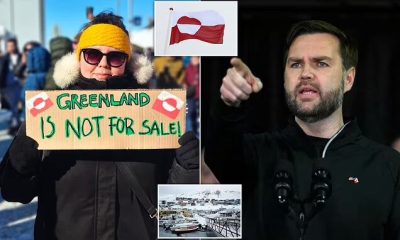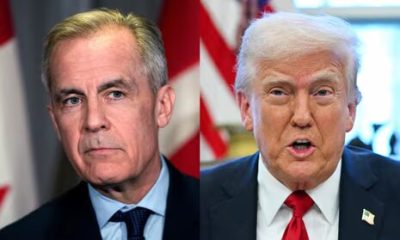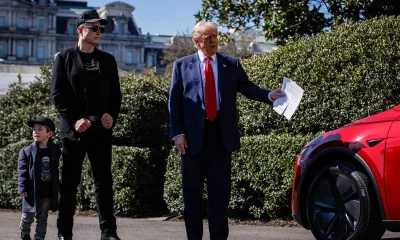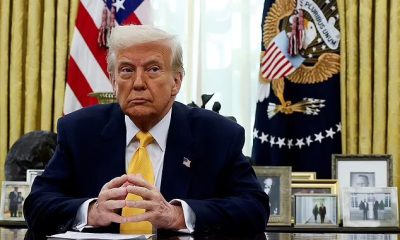Jordan’s King Abdullah II rejects President Trump’s idea to seize control of Gaza and evacuate its population, but offers to accept 2,000 sick Palestinian youngsters for medical care.
On Tuesday, US President Donald Trump met with Jordan’s King Abdullah II at the White House, where he restated his controversial proposal to seize control of Gaza and evacuate Palestinian citizens to other nations in the area. While retaining diplomatic coolness, King Abdullah rejected the suggestion, emphasising Jordan’s unwavering opposition to Palestinian displacement.
“The Palestinians will live safely somewhere other than Gaza,” President Trump told reporters during the joint press conference, adding that he believes land could be allocated in Jordan and Egypt for their relocation. The US president insisted that his plan would bring peace to the region, describing Gaza as “a death trap” and stating, “We’re going to take it, we’re going to hold it, we’re going to cherish it.”
While Jordan and Egypt receive significant US aid, the president suggested he would not need to leverage financial assistance to push his plan forward. “I don’t have to threaten with money,” he said, but also noted that the US provides billions of dollars in aid to both countries.
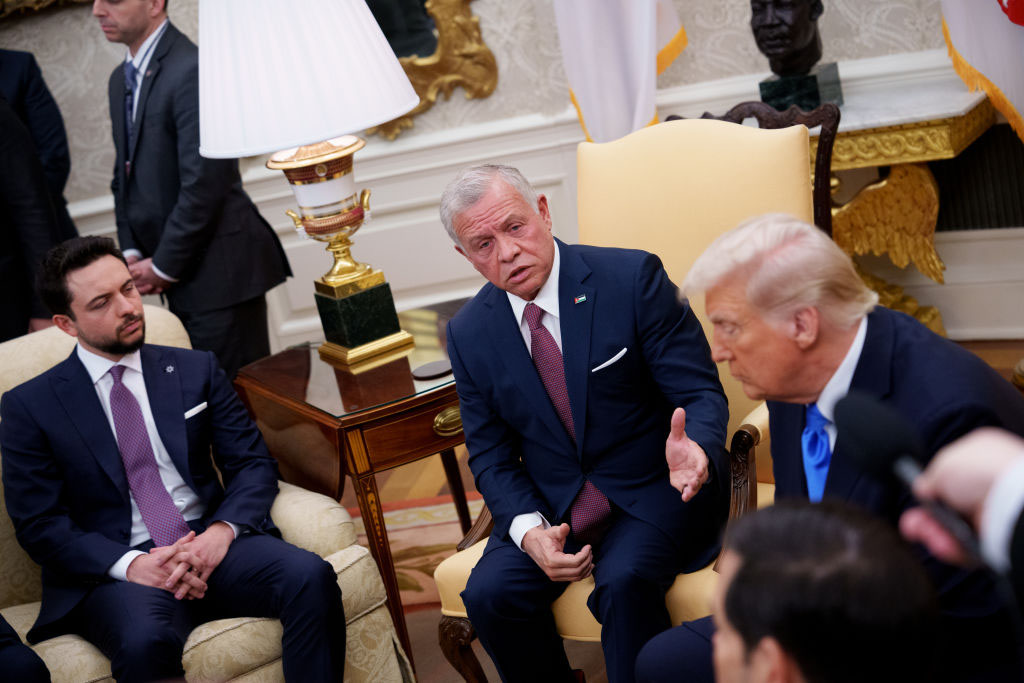
King Abdullah, for his part, remained measured in his response. “We will support Trump to achieve these goals,” he said broadly while making clear that Jordan’s priority remains its own national interests. However, he later issued a statement emphasizing that Jordan maintains “a steadfast position against the displacement of Palestinians in Gaza and the West Bank” and that “rebuilding Gaza without displacing the Palestinians and addressing the dire humanitarian situation should be the priority for all.”
A Proposal Met With Resistance
President Trump’s comments have sparked international criticism, particularly from Arab states, as well as legal and humanitarian concerns. Under international law, the forced transfer of a population is prohibited, and the United Nations has warned that such a move could constitute ethnic cleansing.
In Jordan, where a significant portion of the population is of Palestinian descent, the president’s plan presents a sensitive issue. The country has already absorbed multiple waves of Palestinian refugees since Israel’s establishment in 1948. In 1970, tensions erupted in a violent conflict known as “Black September” when armed Palestinian factions attempted to seize control of the country. The political and demographic balance in Jordan remains delicate, and King Abdullah has expressed concerns about the kingdom’s ability to absorb additional Palestinians.
Meanwhile, Egypt has opposed the forcible resettlement of Palestinians from Gaza. Instead, the Egyptian government has collaborated with regional partners to create an alternative administration system for Gaza, one that would involve local Palestinian technocrats rather than direct US authority. An emergency Arab League session is set for February 28 in Cairo to debate developments regarding Gaza’s future.
Trump’s Vision for Gaza
Despite opposition, the American president remains firm on his vision for Gaza, framing it as a real estate redevelopment opportunity. “Think of it as a real estate development project for the future. It will be a beautiful piece of land,” he said, adding that his administration would create “safe, beautiful communities” for the displaced Palestinians.
In an interview with Fox News, the US president stated that the displaced Palestinians would not have the right to return, insisting that they would have “much better living conditions” elsewhere. “I’m talking about building them a permanent place because it will take years before they can return. Gaza is not worth living in right now.”
While the president has yet to outline a clear legal basis for the US to take control of Gaza, when asked by reporters about the matter, he simply replied, “under US authority.”
Jordan’s calculated response
Jordan must strike a balance between its close partnership with the United States and domestic and regional concerns, as seen in King Abdullah’s answer. His public statements were carefully crafted, expressing gratitude for US assistance while maintaining Jordan’s objection to forcible relocation.
In a post-meeting statement, Abdullah stressed that Jordan remains committed to a “just peace on the basis of the two-state solution,” calling it the best path to “ensure regional stability.” He added that US leadership is necessary in achieving this goal but did not endorse President Trump’s Gaza proposal.
Despite rejecting the bigger idea, Abdullah agreed to admit 2,000 sick Palestinian youngsters from Gaza for medical care in Jordan, emphasising the importance of humanitarian relief.

